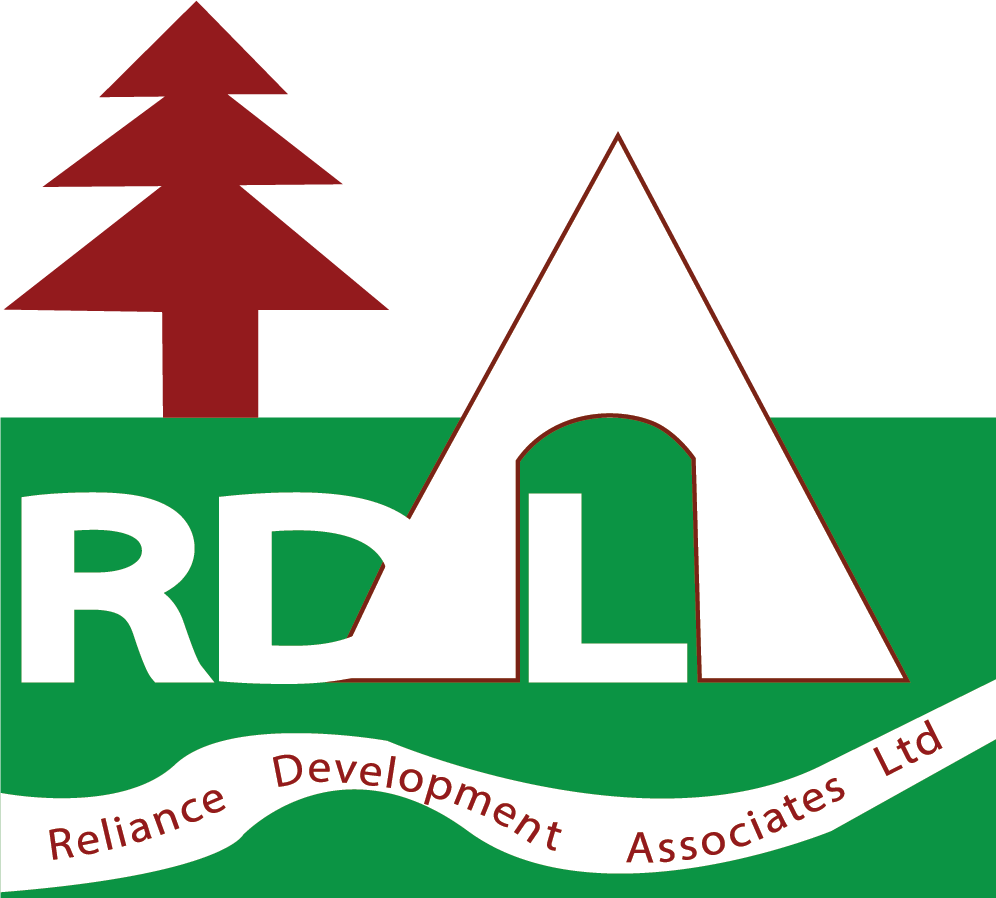Content
For example, if you know that you are more likely to succumb to drinking when you are stressed, you can plan ahead to avoid these situations. You can also find healthy alternatives to drinking for stress relief, such as going for a run or enjoying a warm cup of tea. The best way forward for your recovery from alcohol or substance use is to incorporate a wide variety of strategies that will help foster success. Remember to care for yourself, seek supportive relationships, and consider seeking help from a therapist. One common mistake for those who are new to alcohol and drug recovery is substituting a new compulsive behavior for their old one.
- Not only that but sober life these days is becoming a lot more of a norm for many.
- While it’s true that some relationships in your life may not be salvageable, many friends and family members are likely willing to work with you to repair the damage that has been done and start over.
- If PAWS is severe or if you’re experiencing prolonged symptoms, a medical professional can help you work through them and remain in recovery without relapse.
- It’s been over six years since I first started seriously questioning my relationship with alcohol and considered a life without it.
- Many people start to rediscover hobbies and activities they used to enjoy before drugs and alcohol took over their lives.
While addicted to alcohol or drugs, you might have only thought about the next time you would get drunk or high. Many recovering addicts now find that they have more time to fill without drugs and alcohol consuming their thoughts and actions. You will find that long-term sobriety is possible when you focus on the daily process instead of the long-term end goal. Alcoholics Anonymous (AA) remains one of the most common support groups for long-term sobriety. AA inspired additional 12-Step programs, like Narcotics Anonymous (NA), for those struggling with other types of substance abuse. You might have a slip, relapse, or strong urge to drink or use drugs.
More Time for Self-Care
Taking the time to identify people and things that matter to you can help you determine why you want to get and remain sober. For example, suppose you’re passionate about your family, friends, faith group or the work you do in school or on the job. Or perhaps, you want to give back or contribute any talents, gifts and abilities you have to your community. In such cases, you may want to get treatment and maintain sobriety because your substances of choice interfere with these relationships and responsibilities. Some people are scared to get sober because they think they won’t have any fun.
If you find that you’re struggling to stay sober, there is plenty of help available for you! A life in recovery gives you the unique opportunity to develop healthy coping mechanisms. These mechanisms will pave the way for overcoming hardship without relying on a substance. These healthy coping mechanisms are more sustainable than numbing pain or trying to drink away your past challenges. Without the influence of substances, you have the opportunity to enjoy sober relationships while ending toxic relationships. You can form authentic relationships built on mutual respect, interests, and understanding rather than just who is willing or available to drink or use drugs with you.
Practice Healthy Living
Ask someone you respect if they can be your “go-to” friend in times of need. It’s great if this can be someone successful in their own recovery program or a substance abuse coach, as they will be the most qualified to support you on your journey. That said, it is also key to cultivate supportive relationships with close friends or family members who can step in to support you at a moment’s notice. In essence, it’s the condition of not having any measurable levels or effects from alcohol or drugs. Some fellowships like Alcoholics Anonymous (AA) define sobriety as achieving a good level of mental health. To many, this seems like a more realistic approach to sobriety, rather than avoiding drinking or using drugs.
How do I start my sobriety?
- Step 1: Recognize the Need to Get Sober.
- Step 2: Reach Out.
- Step 3: Find the Right Treatment Program.
- Step 4: Get Through Withdrawal.
- Step 5: Choose the Appropriate Therapy.
- Step 6: Build Support for Recovery.
Once sober, you can use this ability to make up for lost time and make new friendships. Another reason why your energy is often lower while abusing substances than it is while sober is because addiction causes you to not get good sleep. Because you aren’t receiving good sleep when suffering from addiction, your body is not getting the proper time and rest that it needs to refuel itself. This also means that living a sober life will help you gain your energy back.
Balance Your Life
Dana Knowles is a multimedia journalist at Rocky Mountain PBS and can be reached at Both Golden and Opland say the best advice they can give anyone who might be sober-curious is to start by setting boundaries. Always have a challenging goal in the back of your mind; something that pushes you to be better and reach new heights.

When there is a problem, try to solve it right away so you don’t end up with two problems later and a lot to juggle. Live with people who are clean and respectful, Top 5 Questions to Ask Yourself When Choosing Sober House people who will help you live an easy clean life. You can’t be in sobriety while your roommate is an alcoholic, so choose who you live with carefully.
Loved ones may resist accepting your claims of having changed and be reluctant to trust you. Individual, family and couples therapy may all help you and your loved ones recover from the ravages of addiction. You can learn how to communicate better and how to get better in all aspects of life. As your body gets clean, you probably will have to deal with some psychological issues that may surface. You may have suffered childhood traumas or you may have grown up in a family with alcoholism or addiction; often these conditions predispose people to grow up and begin using themselves.
We don’t need an outside stimulus, like drugs or alcohol, to change our emotions. How we decide to feel about certain circumstances and our own emotions is up to us. When you suffer from addiction, you become so obsessed with obtaining more alcohol or drugs that you stop investing in your relationships with other people. In fact, the selfish behaviors that often come with addiction often break the relationships that you have with others. One of the major benefits of sobriety is that you will regain the patience, time, and ability you need to build long-lasting relationships.
